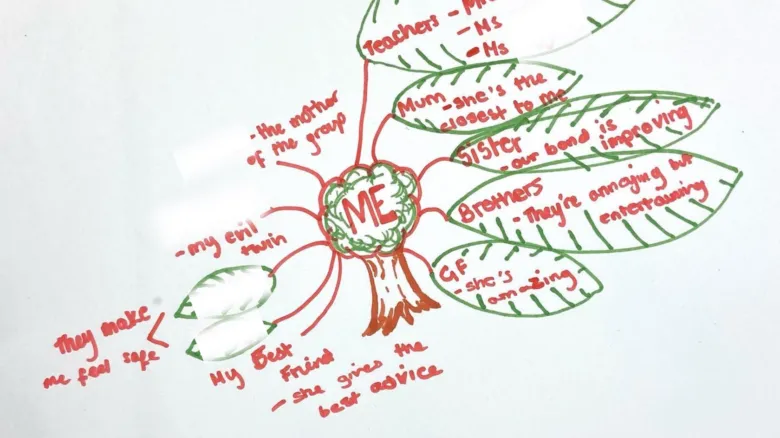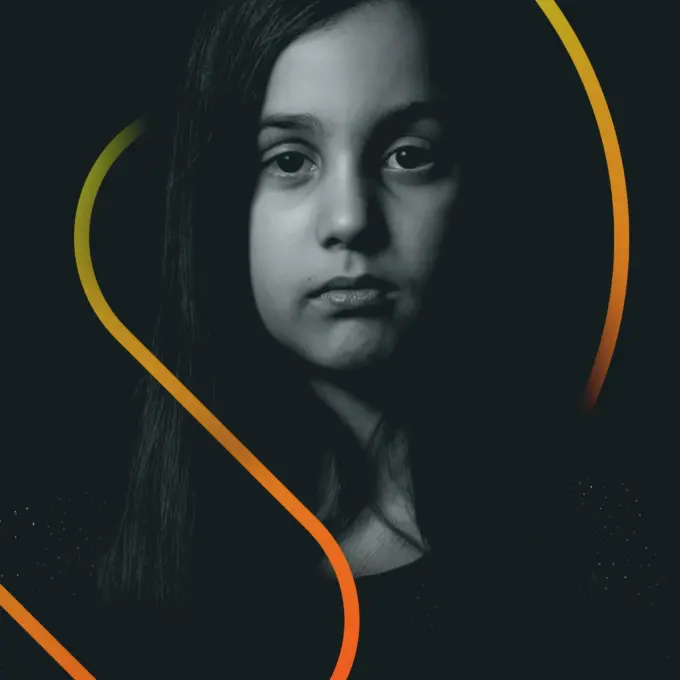
Contextual Safeguarding: Where we are and where we’re heading
Contextual Safeguarding played a key role in the development of our five-year strategy A Safer London for Everyone: People, Peers, Places. Safer London is also a test site for Contextual Safeguarding as part of the Innovate Project. As part of this we are always looking at ways to test and pilot Contextual Safeguarding approaches into every area of our work – right from the point of referral to actual delivery.
We’re now at the halfway mark of this four-year project, so we wanted to take a moment to reflect on what we’ve achieved, and what we want to focus on going forward.
A big focus for the past two years was on upskilling and empowering our team. With a regular programme of training and refreshed resources, we’re ensuring that Contextual Safeguarding approaches are deeply embedded within Safer London.
Any new members of the team – whether this be a caseworker or a finance officer – take part in mandatory Contextual Safeguarding training as part of their induction. We’re empowering everyone that comes into Safer London with understanding of how harm outside of the home impacts young Londoners.
We revised our referral and assessment forms, to ensure we are considering the wider contexts of harm at the point of referral. This allows our caseworkers to build an effective programme of support, one which will help young Londoners be safe and stay safe.
In our delivery we’re focusing on the places and spaces where young Londoners spend their time – whether this be in the real or virtual world – and the interactions young Londoners have with their peers, with a focus on harnessing the positive relationships that cultivate safety and strength.
Our developing approach to working with young Londoners and their peers
- We commissioned research to look at how we can consider peers more effectively in our work. This research sets out recommendations of how we can work with young Londoners, considering the context of their peer relationships.
- We developed a Theory of Change for our Peers area of work. The outcome measurements focus on building positive relationships and empowering young Londoners to challenge and support their peers.
- We’ve supported our caseworkers to carry out peer mapping exercises with young Londoners. These exercises are done in collaboration with the young Londoner and helps them focus on the strengths within their peer groups. It helps to create a clear picture, both for the young Londoner and the practitioner.
- We developed a new role which will look to develop a new approach or model of way of working with young Londoners and their groups of peers. To ensure this approach is fit for purpose we’ve brought in the voices of young Londoners to help shape development.

Our developing approach to working with young Londoners and the places and spaces where they spend their time
- We facilitated workshops with colleagues from across the organisation and consulted with academics to develop a process and approach to carry out place-based interventions. We acknowledged that this way of working with places and spaces was new territory, but we wanted to ensure our approach was consistent for each intervention.
- Building on this we started trialing place-based interventions, including a whole school approach in east London. Working with teachers, parents and pupils we provided training and carried out a heat mapping exercise – looking at the places where students felt safe and unsafe. A set of recommendations fell out of this heat mapping exercise – recommendations that the school took on board, implementing solutions to help pupils feel safer in their environment.
"The whole school have completed safety mapping to explore the children's views on areas they feel safe or unsafe in school. Following this are aggregated analysis report was created for each year group to ensure all concerns were explored and actioned. For example, many children shared they did not feel safe in the toilets as not all of the locks were secure, therefore the premises manager repaired faulty locks and the senior midday meal supervisor regularly inspects the toilets during lunchtime. Safer London will be delivering further training in the summer term to complete safety mapping for outside of school. This activity will also be completed with the rest of the school."
School’s response to our recommendations as mentioned in their safeguarding review
- An estate in south London served as our biggest trial for a place-based intervention to date. Following on from two violent deaths in the space of 9 months, Safer London’s Family and Community team responded to a referral, which looked at the safety of the estate as a whole, as well as all who lived there. The team attended local resident meetings, bringing in council members, so safety discussions could take place. We partnered with XLP to engage with young Londoners living in the local area. Through this engagement the young Londoners answered questionnaires and contributed to a safety heat mapping exercise. From this we were able to draft a set of recommendations to improve safety on and around the estate.
Looking to the future
We’ve achieved a lot over the past few years, but there’s still a lot we want to do.
Moving forward we want to work on defining the scope and parameters which will enable us to cement strong partnerships with community organisations and groups. Adopting a generous leadership approach, will allow us to build models of working that will make best use of these partnerships. We hope these partnerships will grow real local responses to violence and exploitation.
Similar to our developing work with Peers we’re bringing in a new role that will look at develop what a place-based intervention model will look at it. Building these community partnerships will be central to this.
It’s important to us that young Londoners have a voice within Safer London. So, they can shape and influence everything we do. We’ve started this with the formation of a diverse group of young Londoners known as the VIPs. They will feed into this developing area of work, as they have already with our peer intervention delivery work.
No matter what happens over the next two years, their voices will be central to how we move forward – ensuring that our Contextual Safeguarding approaches are what young Londoners need and want.

Help change the lives of young Londoners, their families and communities
Show your support and make a donation
CLICK HERE